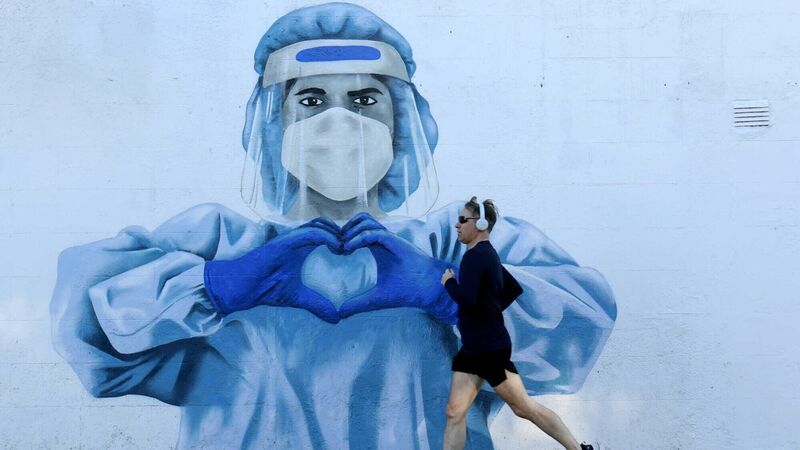Daniel McConnell: Inquiry into the handling of the pandemic can’t pull its punches

More than €32bn in Covid-19 spending, all borrowed money, has to be paid back by taxpayers over time. The huge waste in buying personal protective equipment, circa €375m, is one of many issues that need to be examined. Picture: Sam Boal / RollingNews.ie












